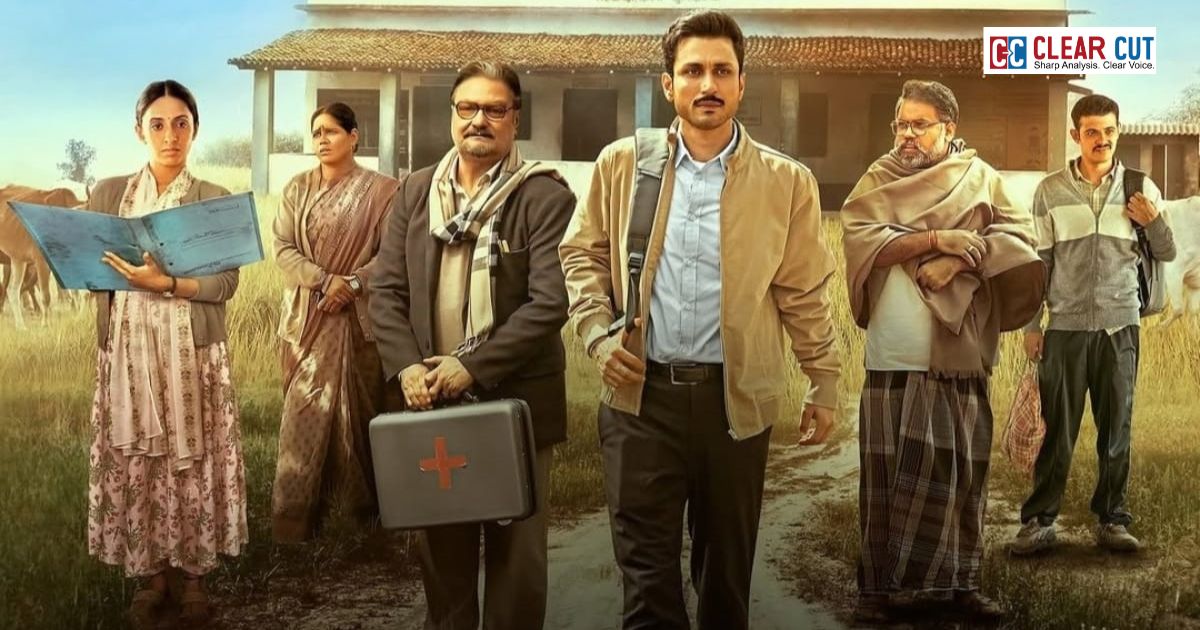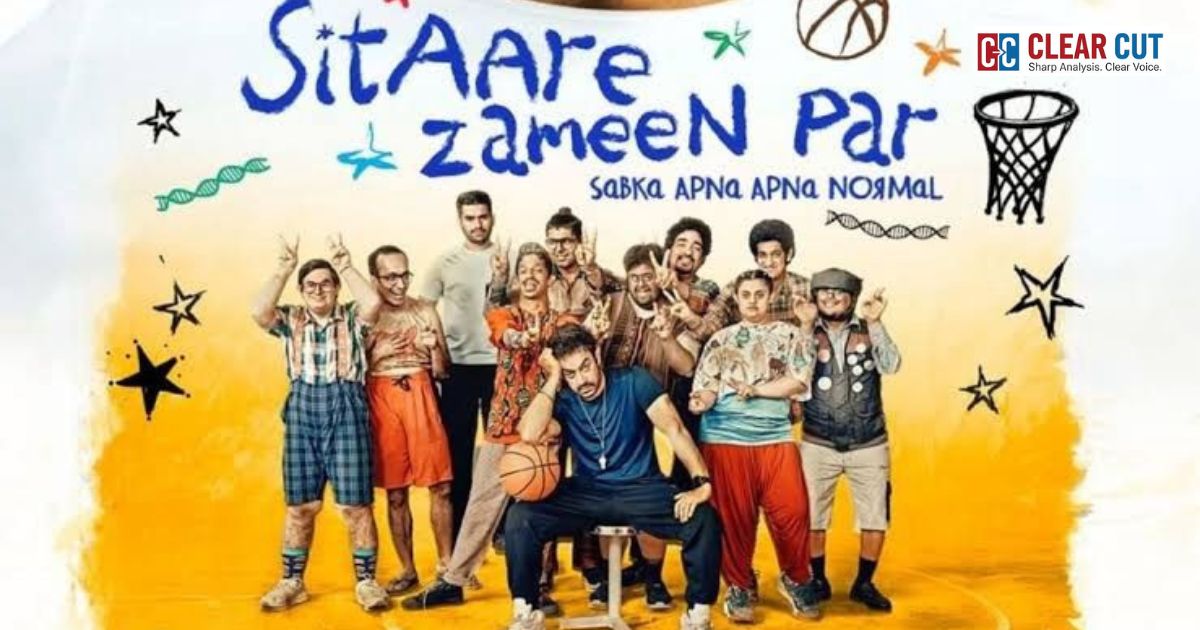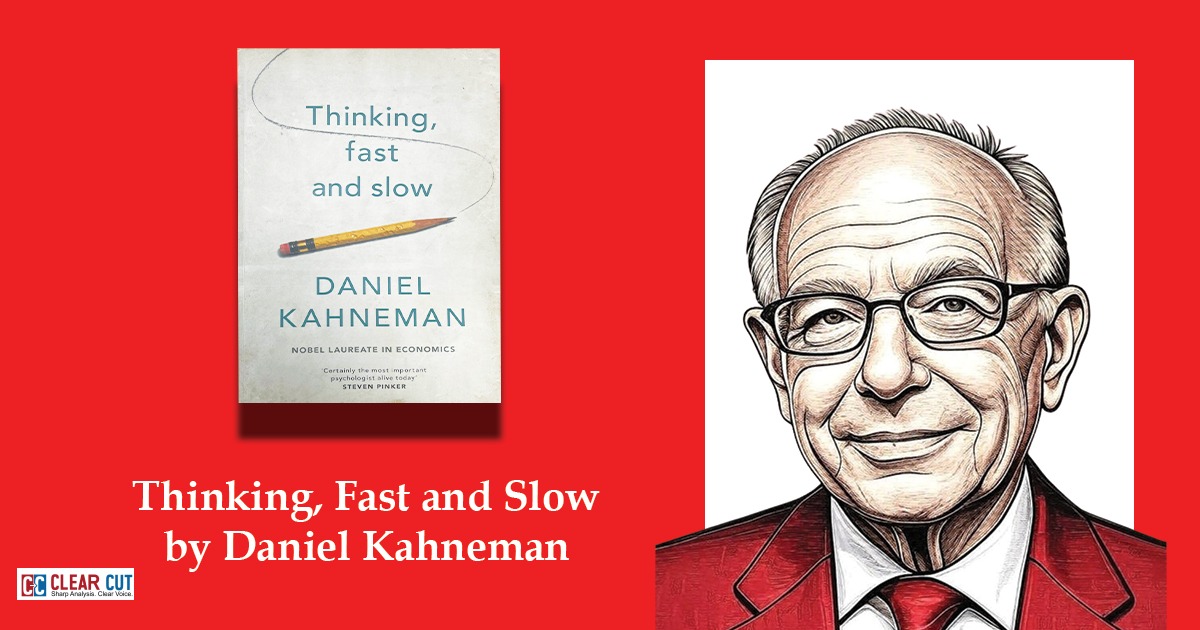Photo Credit: Internet
Clear Cut Review Desk
New Delhi, UPDATED: May 09, 2025 10:15 IST
Written By: Paresh Kumar
Streaming on: Amazon Prime Video | Created by: TVF | Directed by: Deepak Kumar Mishra | Produced by: Arunabh Kumar
In Gram Chikitsalay, TVF attempts to step away from its usual template of heartwarming village comedies to tackle something far more layered: the intersection of rural healthcare, mental wellness, and broken public systems. Led by Amol Parashar as Dr. Prabhat Sinha, the web series is set in Bhatkandi, a fictional village in North India where the local Primary Health Centre (PHC) lies in disrepair and largely abandoned by villagers and frontline workers. What begins as a light-hearted satire soon deepens into a commentary on India’s rural mental health crisis.
The plot revolves around Prabhat, a newly appointed medical officer, who finds himself in a crumbling clinic. The previous officers have either fled or burned out. Memorable lines from the chief medical officer “Toh kya ehsaan kiye ho?” (Don’t act like you’re doing us a favour) give voice to rural frustrations, while moments of tension and tenderness are filtered through dry humour and lived-in authenticity. That quack, Chetak Kumar (Vinay Pathak), runs his own ‘practice’ armed with Google searches and a beloved “booster dose” that villagers swear by.
Amid the dysfunctional system, the show introduces Sudhir, a teenage son of the ANM Indu ji, as a young man silently battling Dissociative Identity Disorder (DID). His symptoms confuse villagers, who dismiss him as deceitful and a serial liar. But the show doesn’t sensationalize his condition. Instead, it mirrors the tragic truth of rural India: mental illness is often invisible, misinterpreted, or simply unacknowledged. Dr. Prabhat’s refusal to judge and his quiet insistence on getting Sudhir professional help becomes the show’s most powerful thread.
The performances are a mixed bag but with high points. Amol Parashar, often criticized for being one-note, redeems himself with a subdued, earnest portrayal. Anandeshwar Dwivedi as Phutani Ji—whose very name denotes false swagger in Bihari slang—is a revelation, balancing comedy with emotional nuance. Garima Vikrant Singh, as ANM Indu Devi, is dignified and authentic, representing the unseen women who hold up India’s rural healthcare from the shadows. Kartikey Raj as Dhelu delivers sharp comic timing. Vinay Pathak’s cameo, while brief, is memorable, but raises ethical questions. The show, at times, comes dangerously close to normalizing quackery.
Where Gram Chikitsalay falters is in its screenplay. The pacing drags, subplots distract, and there’s a visible struggle to balance satire with social commentary. Worse still is the darkening of female actors’ skin tones, an unnecessary creative lapse.
Still, the show deserves credit for even attempting to highlight mental illness in India’s villages. At its best, it shows that healing begins not with medicine alone but with listening, empathy, and trust. In today’s healthcare discourse, that’s a message worth prescribing.




